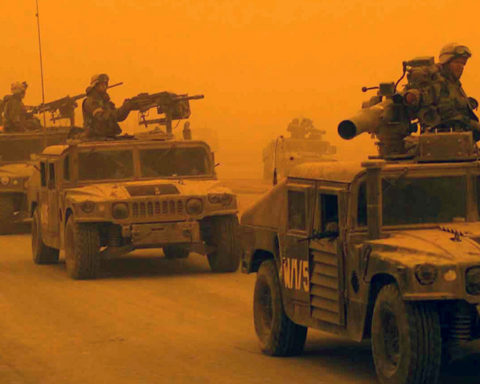In September 11, 2001—a day that will live in infamy in U.S. history—hijacked planes hit the World Trade Center in New York City and one side of the Pentagon in Washington, D.C., which experienced destruction. President George W. Bush’s administration started a war in Afghanistan on October 7, 2001, after quickly blaming Osama bin Laden, al-Qaeda, and Afghanistan’s Taliban for harboring bin Laden.
The Bush administration, however, had spurned an agreement by which the Taliban would have turned over bin Laden which was agreed to following al-Qaeda’s bombing of the U.S.S. Cole in October 2000. According to Kabir Mohabbat, an Afghan-American businessman and State Department envoy to the Taliban, by the end of 1999, in the face of crippling U.S. sanctions, the Taliban had come to see bin Laden and his training camps as “just a damn liability.”
The fact that the Taliban then were hostile to bin Laden, and wanted to turn him over but were refused, indicates that the Bush administration had ulterior motives for invading Afghanistan.
The fact that the Taliban then were hostile to bin Laden, and wanted to turn him over but were refused, indicates that the Bush administration had ulterior motives for invading Afghanistan. These motives apparently included gaining access to resources, particularly opium, to boost the US-dominated Western financial system.
Afghan’s Oil and Lithium
While organizations such as Architects and Engineers for 911 Truth’s nearly 3,500 industry professionals have provided a mass of evidence on the pre-planned demolition of the twin towers and World Trade Center 7,[1] Professor Peter Dale Scott and others unearthed evidence on the Bush administration’s real reason for invading Afghanistan. They say it was for access to its poppy fields and its proximity to oil resources.







